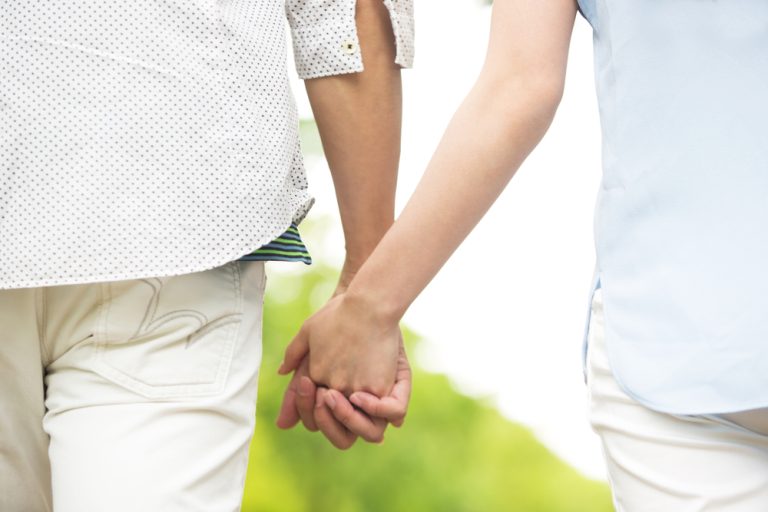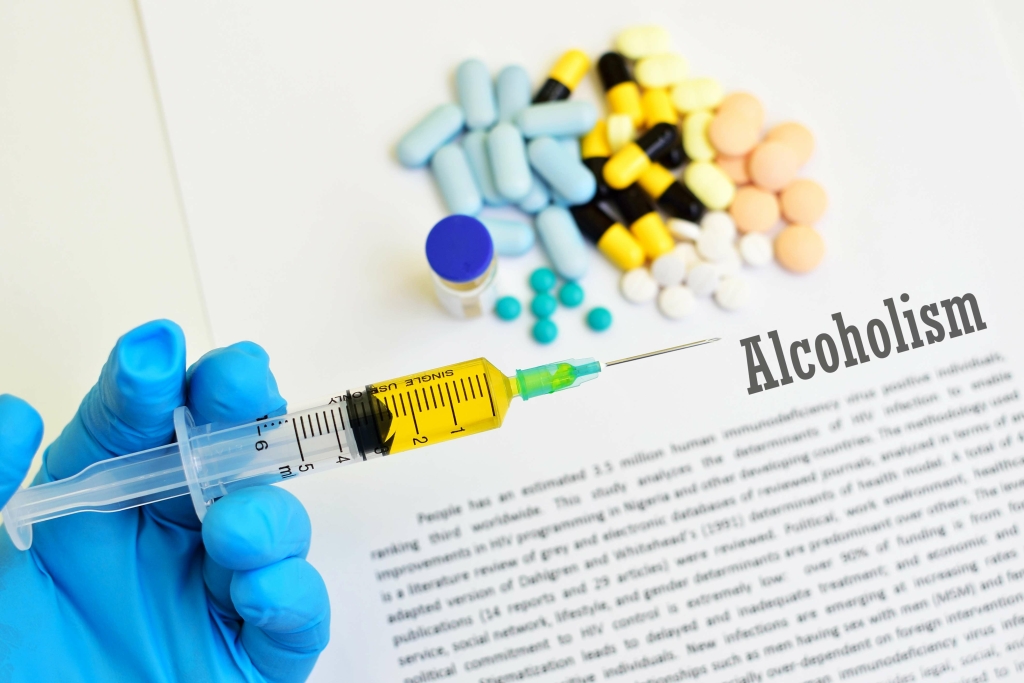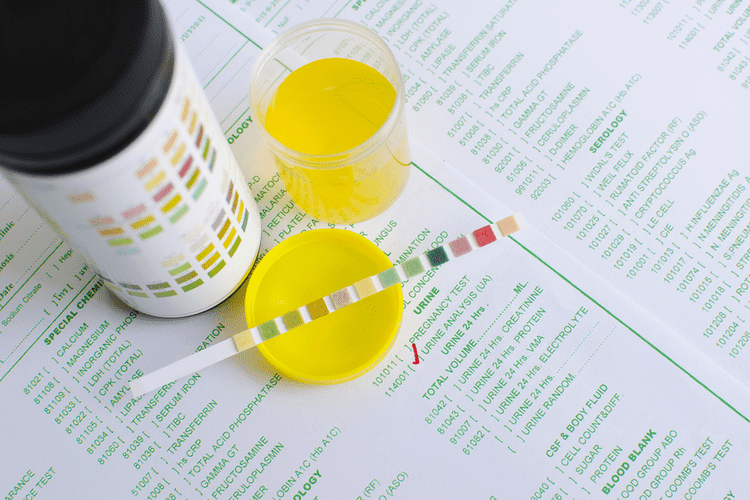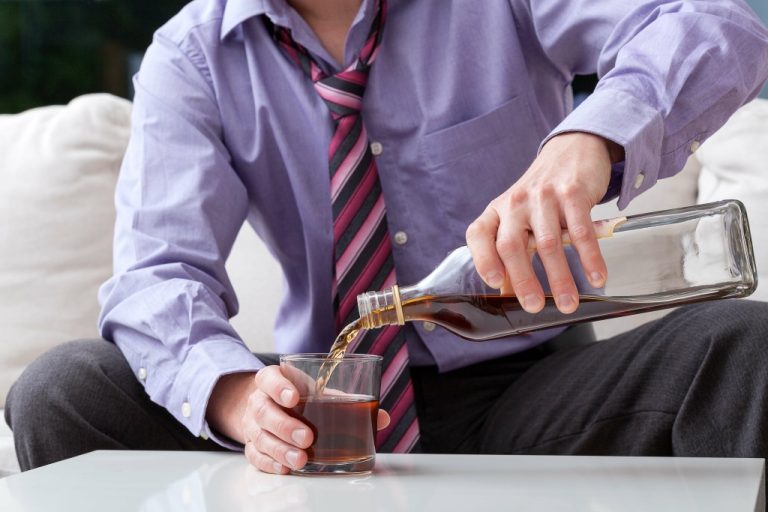White and colleagues (2004) observed that, among 50 undergraduate students with a history of blackouts, only 3 students reported using other drugs during the night of their most recent blackout, and marijuana was the drug in each case. In comparison to the free recall task, the serial recall task increased cognitive load by asking participants to immediately recall words in the order of their presentation. We found again that alcohol impaired both the number of words recalled, and the length of sequences recalled, in both groups. In contrast to the free recall task, the MBO group displayed significantly reduced performance on the task after experiencing an MBO, similar to after ingesting alcohol.

Effects of Excessive Drinking and Blackouts
Collected the data and revised the initial drafts of the paper for scientific content. Undertook the statistical analyses and revised the initial drafts of the paper for scientific content. G.S.H. designed this substudy, undertook the statistical analyses, and revised the initial drafts of the paper for scientific content. J.I.B. is the http://skrekkfilm.com/top/ordinary-person guarantor of this work and, as such, had full access to all the data in the study and takes responsibility for the integrity of the data and the accuracy of the data analysis. The ADVANCE study was funded by grants from Servier (the major financial sponsor). No other potential conflicts of interest relevant to this article were reported.
- Because of this, blood alcohol concentration rises faster and stays higher longer in women than men.
- The greater tendency of females to black out likely arises, in part, from well-known gender differences in physiological factors that affect alcohol distribution and metabolism, such as body weight, proportion of body fat, and levels of key enzymes.
- Number of published journal articles or reviews that evaluate alcohol-inducedblackouts per year (1985 to 2015).
- Those doses are equivalent to approximately 2.5 to 5 standard drinks.3 Interestingly, studies of acute alcohol exposure in nondiabetic people have yielded quite variable results, noting decreases, increases, or no changes in glucose levels.
- Optimally, actual BrACs orblood draws could be collected to back-extrapolate peak BACs to the time ofblackout.
What happens to the body during a blackout?

Red arrows show the between group comparisons, comparing control and MBO participants before and after-alcohol. The green arrows highlight the design for the analysis of the MBO group data only. Upon arrival, photographic identification, https://www.myprice74.ru/info/tv/mtv/?date=2010-06-15 written consent and a breathalyser test (Dräger Alcotest® 3000; Lϋbeck, Germany) were provided by participants. Height and weight were recorded and entered into an alcohol-dose formula [42], along with gender and age.
Liver disease
- Research indicates that blackouts are more likely to occur when alcohol enters the bloodstream quickly, causing the BAC to rise rapidly.
- If a person is showing symptoms of severe alcohol intoxication, it is important to call the emergency services for treatment.
- Blackouts are much more common among social drinkers than previously assumed and should be viewed as a potential consequence of acute intoxication regardless of age or whether one is clinically dependent upon alcohol.
- The combination of alcohol-induced hypoglycemia, hypoglycemic unawareness, and delayed recovery from hypoglycemia can lead to deleterious health consequences.
In an effort to fill in gaps in theirmemory because of alcohol-induced blackouts, people use a variety of strategiesto reconstruct their experiences (Nash andTakarangi, 2011). A pair of studies — one published in Psychological Medicine and the other in Alcoholism, Clinical and Experimental Research — found that men and women both experienced brain shrinkage and memory problems after heavy alcohol consumption. The latter study found that http://wellingtoncountylistings.com/bedroom-ideas-as-the-private-room.html/attachment/160 women experienced the side effects after drinking only half as much as men. For most people, binge-drinking large amounts of alcohol causes them to black out. Thus, the main cause of a blackout is a rapid rise in blood alcohol, which can be propelled by drinking on an empty stomach or while dehydrated. However, alcohol can have a negative impact on blood sugar levels in people with type 1 and type 2 diabetes if not consumed responsibly.

- In contrast, a person is awake during a blackout, but their brain is not creating new memories.
- This latter possibility is made more likely by recent evidence that students who engage in repeated episodes of heavy, or binge, drinking are more likely than other students to exhibit memory impairments when they are intoxicated (Weissenborn and Duka 2000).
- The green arrows highlight the design for the analysis of the MBO group data only.
- Also, because short-term memory remains intact, use ofecological momentary assessment with smart phones might also be useful forgathering information about the drinker’s experiences while he or she isin a blackout state.

- At the baseline study visit, the current average number of standard drinks of alcohol consumed within a week was recorded.
- If you have diabetes, drinking alcohol may cause your blood sugar to either rise or fall.
- This means that after an episode of hypoglycemia, glucose levels return to normal more slowly in drinking diabetics than in nondrinking diabetics, suggesting an alcohol-related impairment in the counter-regulatory response to hypoglycemia (Avogaro et al. 1993).

